I begin with a caveat noting I am not a therapist, psychologist or counselor, and there are many professionals out there who have written on this subject with a variety of valuable suggestions, including expanding on the ones I list here. I gleaned mine from books I read, lectures listened to, and suggestions from a therapist I visited for a period of time. I’m sure you’ll recognize them. But sometimes someone saying it with a different voice helps us to hear it better. (And yes, that is a purposeful metaphor.)
Too Much Talking Can Drive Some People Batty
As the youngest child of seven siblings I often felt the only way to be heard was to speak faster, longer and louder than everyone else.
We were a family of talkers, starting with my father who was not only a teacher but also a preacher and spreading out to the majority of my siblings (with a couple of exceptions) as we vied for attention and recognition.
In fact, our family dinners were filled with conversation, usually several going on at once. And most of us were involved in all of them at various points, talking over, through, under, and around one another while keeping track of what was being said. Or so we thought.
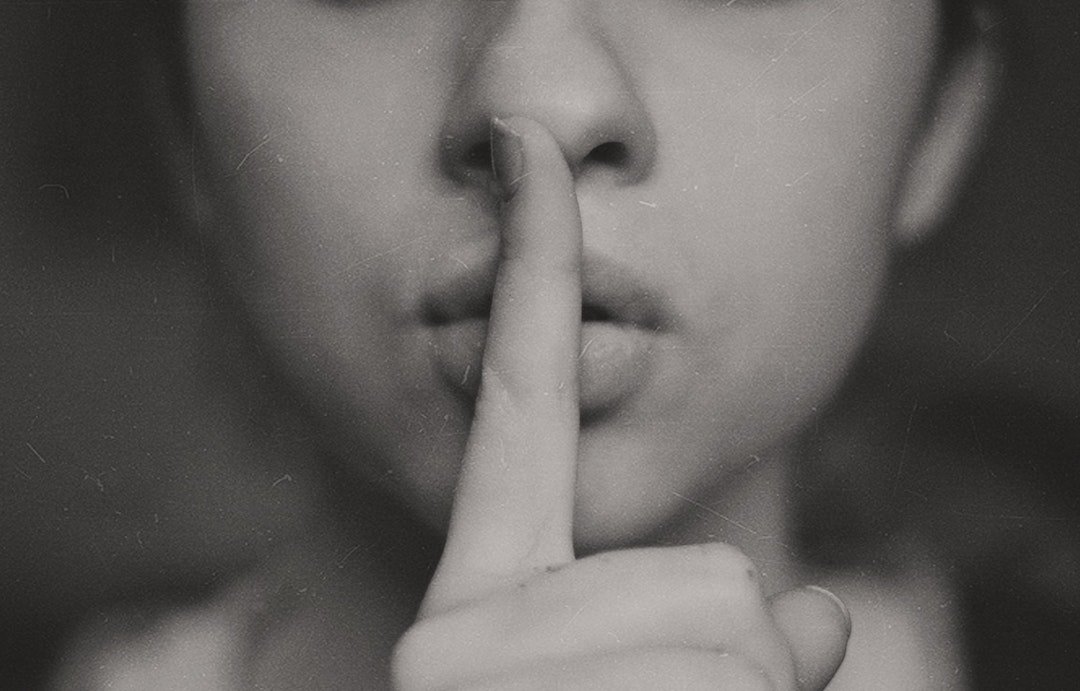
I came to associate communication with talking, and talking with interjecting while the other person was talking.
But as I went into the world and began to interact with others, I became aware that this type of conversation can and does drive most people batty. In fact, it can shut down all communication with them as they themselves shut down, feeling (usually accurately) that they were not being heard, so why bother? Certainly there are some who would spar words with me and keep up, but in general people do not feel seen or appreciated when the other person talks over, around, above and beyond them while they are in the middle of a sentence. Even if that person really is listening and responding to what’s being said.
And so I had to learn what communication actually is, and then train myself to communicate in the way in which the word is meant.
Communication is, after all, a two-way street that consists of speaking on one side, and listening on the other. If all of the traffic is going one direction — all the speaking is being done in both lanes and no listening happening — then there is no interaction. And there can be accidents if the one who is speaking is too distracted to notice that the one who is listening is trying to drive their own point home, their voices barreling down the same lane towards one another. Suddenly the two collide in a crash of words that spill out everywhere and cause chaos and usually injury or pain. So it’s important to learn how to drive – and speak — responsibly.
Now there are many reasons beyond the simple ones stated here for why I, and many others, will talk a lot. And it’s not always a bad thing.
There are certain personality types for whom this is simply the way they are — they are big and loud and a presence in this world. This is a beautiful thing. The world needs every type of personality, and I don’t mean to say that those who are naturally this way should try to reduce themselves in any way.
In fact, some of my closest friends (and siblings) are like this and I love them for it. I love their energy and their aliveness and their ability to take in the whole world and give back to it with exuberance. I love having loud, long, laughing conversations with them. I love sharing that together.
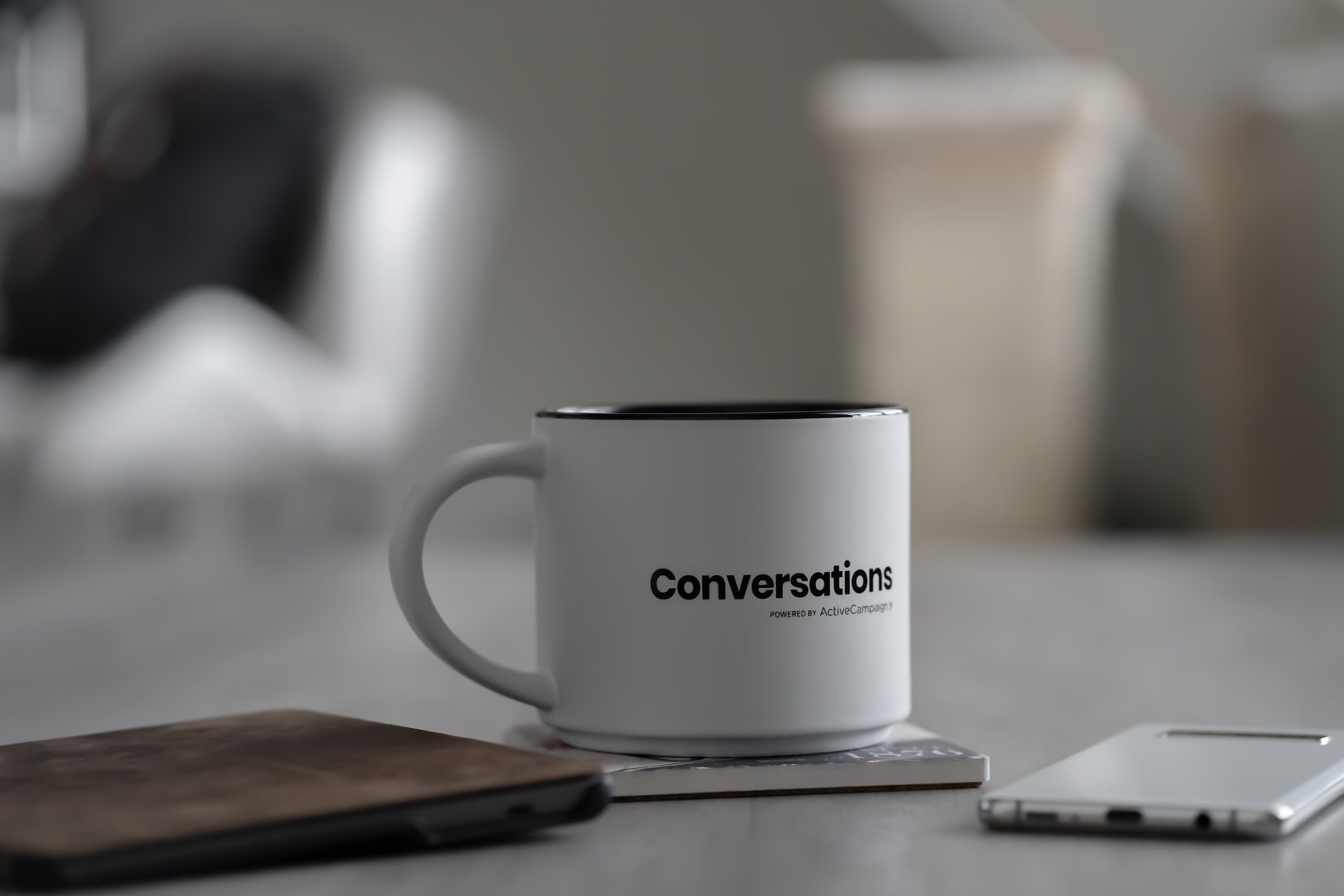
But there is a balance, and as we are seeing a lot lately, learning to communicate so that everyone feels seen, heard and appreciated is becoming more paramount and necessary than ever
“Communicate,” after all, has as it’s base the word “commune.” That is, to give and take, to participate in, to be a part of, to work together, to be mutually support and share in responsibilities, to come together as one. It also means to experience a deep emotional or spiritual relationship with something. It is a word that entails both parties being equal with each other and appreciating one another. Which means that one doesn’t dominate the other.
It is a word that I aspire to live by in my daily life, because as a spiritual person I believe we are all connected to the this galaxy, this world, and all that is within it, including one another. And so as I grew up and finally had to admit to being an adult (something which I still feel surprised by most of the time), I realized it was time to take responsibility for myself, and for my ability to commune not just with nature and the universe, but with the person sitting next to me.
I recognized that just as I had the need to be seen and heard as a child, I still have that need today. However, and here’s the important part — so do those around me.
RELATED: The Universe is Always Telling You Something—It’s been a challenging time… or maybe it’s best to say that I am having a challenging time…Read More
As often happens when seeking enlightenment and growth, I began to see mirrored by others the very issues it was time for me to work on within myself.
As I met people to whom I felt I was invisible or just a sounding board for their own insecurities and needs, as I had conversations that left me feeling empty and even exhausted while having no real connection happening with the other person, I became very aware of how my own behaviors contributed to this or how I might be doing these very same things to others.
I thought; “Wow, if this person made me feel this way, how am I causing others to feel when I treat them in a similar manner? Do I do this also? Is this me? And if it is, how can I change it?” And so I chose to observe the things I did not like, seek them out inside myself if they were there, and do my best to change them if I could.
It wasn’t easy. It was a process, and it’s something I am still aware of to this day. However, here’s the best part: as I began to change, I began to see changes in the relationships and conversations around me.
For some, the conversations became better, our relationships stronger, we blossomed and grew. I felt more present and aware of their presence. And to my surprise, that childhood need was gratified as I felt more seen and heard by them. As I listened to them, I found myself being listened to in return. That attention I’d been looking for was at last being given just as I gave it.
For others, this wasn’t true. They took my listening as a pass to simply speak even more, to take even more of my energy and leave me exhausted after being with them. Some took advantage of it, and of me, so caught in their own inner needs they couldn’t get out of the cycle.
But something interesting happened as I continued on my course of learning to listen. I also learned to speak up for myself.
I found myself able to ask them honest questions, and to really hear if they answered it or not. And if not, if the conversations continued to be unfulfilling or taking advantage of me, I began to protect myself from them by either ending the conversation gently, guiding it to another subject, or simply not engaging in it.
I understood where they were coming from, after all I’ve been there. I wasn’t angry or judging (generally — but I am human after all, just sayin’), I wanted to help them if they really wanted the help. But I also was able to finally separate myself from the need for their approval or acknowledgment, from needing to be seen or heard by them. Which helped me let go of the desire to compete with them for talking time.
As I did this, those who weren’t in alignment with my inner growth either pulled away or quietly worked out of my life. And sometimes that hurt, because I truly wasn’t trying to disengage with anyone or push them away. Yet I also saw that releasing them also released me. It allowed me to continue on my journey unencumbered.
But here’s the beauty: as those old relationships left, new relationships entered my life that were in closer accord with the person I was striving to become. And the old relationships that stayed became even closer.
I felt a deepening in me, a feeling of really participating in the world around me as I connected on another, fuller level with those who surrounded me. Basically I was seeing in a real way something Oprah and Chopra and all those in that mindset group have said: life mirrored back to me exactly who I was choosing to be or to become.
(I love that word, by the way, “become.” It’s all right there: we are “coming” into “being,” we choose to “be” so it chooses to “come.” We say; “this is who I want to become” and so indeed, that is who we do Come to Be, if we decide it.)
So, although I still talk too much, here are 5 ways I also learned to listen—
and to make myself heard when I speak.
5 Ways I Learned to Listen
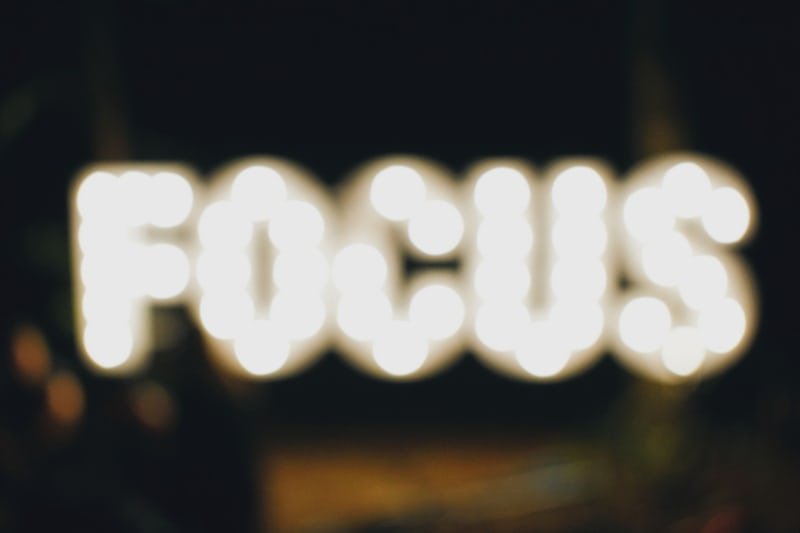
Focus on the Other Person
Often when I’m in the thick of a conversation my mind is going so fast taking in what’s being said and coming up with a response that my mouth is running to keep up with it. I realized I wasn’t really hearing the other person, but was rushing to get to my response, or was often distracted by my thoughts or other things in the environment around me. So to really listen to what they were saying, I began to force my mind to simply focus on them. Not just on what they were saying, but on them.
I began to look at their faces to see what emotions might be playing across them. Or listen to their tone of voice to hear what stresses or excitements might be coming through. If nothing else, I’d make myself pay attention to their body language or their eyes or how much I liked their hair that day… anything to get myself to really look at them and see them. In doing so it helped me to then hear them as well.
It also helped me to do the next thing, which was to:

Slow Down & Breathe
When I find myself jumping in and needing to talk fast and abundantly, I have had to learn how to slow that down. One way I do that is with the method above — consciously choosing to focus on the other person. Another way I do that is by taking a deep breath before I respond. Not in order to expel even more words at them, but in order to calm myself a bit before I say any.
When I find myself jumping in and needing to talk fast and abundantly, I have had to learn how to slow that down. One way I do that is with the method above — consciously choosing to focus on the other person. Another way I do that is by taking a deep breath before I respond. Not in order to expel even more words at them, but in order to calm myself a bit before I say any.
Sometimes the best way I find to slow myself down is by allowing the other person to run with their words. I am not the only one who talks a lot, and many times I’ll be in conversation with someone who loves words as much as I do. I’ve found that by relaxing, breathing in, and then just sitting there listening for awhile it helps me to slow myself down so that I don’t keep adding to their energy and building more momentum. Some people will slow down with me. Others will not, and either way is OK. The main thing it is doing is helping me to listen more and speak less.
In this way it is also guiding me to the next point:
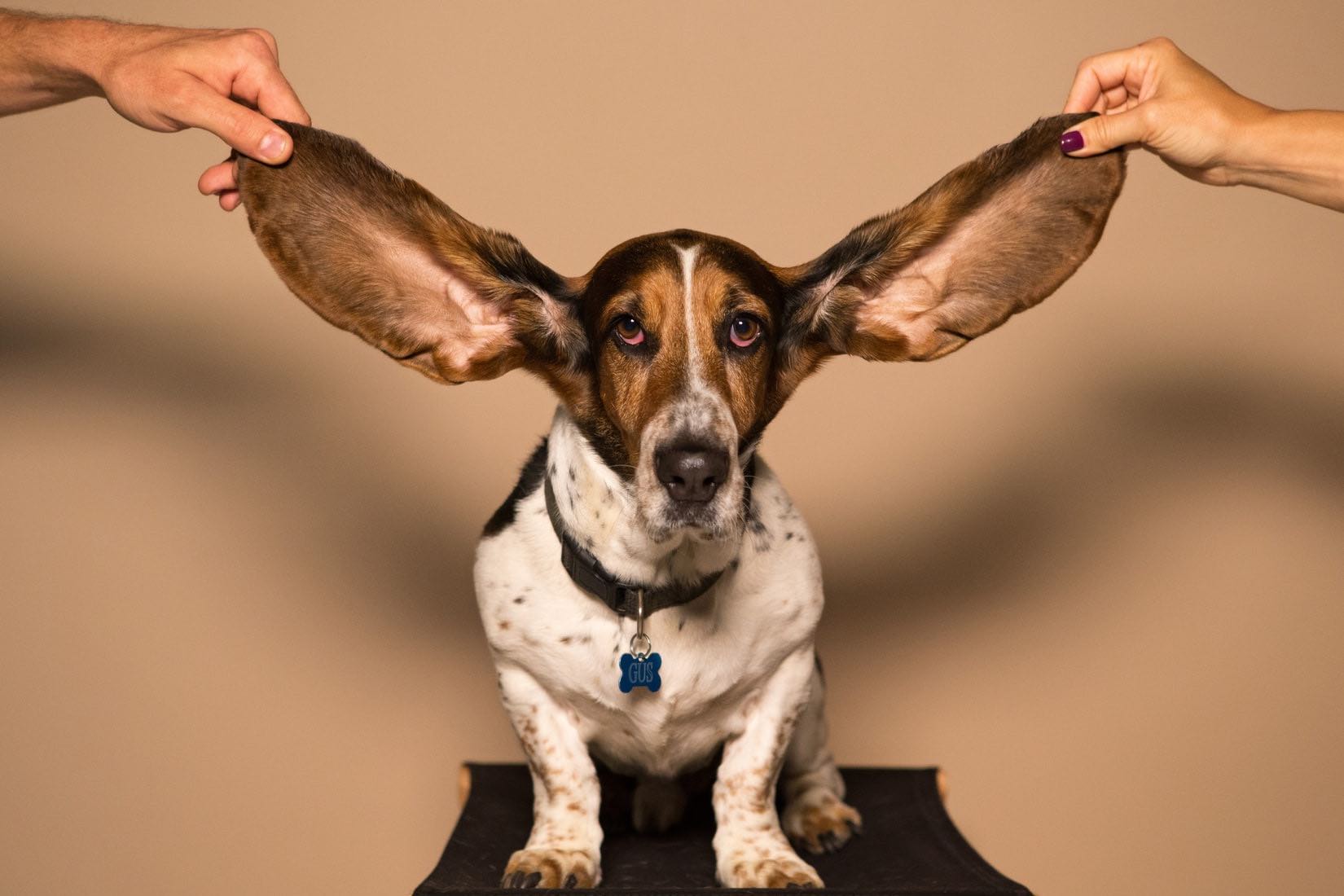
Tune In to What the Other Person is Saying
An old term coined at a time when to be able to hear a radio station you literally had to fiddle with a knob, moving it slowly back and forth along a circular route trying to refine it until you caught the signal. This is not unlike what we are doing with one another when we are trying to communicate together. Circling one another with words as we try to catch the signal the other is sending.
But if you turn that knob wildly, if you crank it one way and then the other, most likely even if you did catch that station, you’d probably not get it on the nose. You’d usually get a lot of static with it, if you didn’t miss it entirely.
To really tune in you had to have a gentle touch, and a keen ear, and often a lot of patience. And this is also true of conversations, especially those that are sensitive, or trying to dialogue about differences of opinion, or having a disagreement.
So how do you “tune in” to a conversation? Well, again, it goes back to being aware. Aware of yourself and where you are at and what you are feeling, yes, and aware of the other person in the same manner, definitely. But also aware of the moment. Aware of the world around you. Just being… here. Now. Present.
We may not be aware, but we’ve all tuned in at one time or another in our lives, even if we’re naturally incessant talkers. If we can remember how it felt in those moments, we can bring that into this moment and make it a habit.
I’m thinking of a time when my husband told me the story of the day he fell in love with me. Of course that’s a story most people will remember. But what really imprinted it in my head and into my senses was the fact that as he was talking I was completely aware of everything around me, I was alive, I was excited, I was thrumming with energy.
Now a large part of that had to do with the subject matter, and the other part was the fact I was in the throes of new love and the excitement and energy of that. But being in love, or in excitement about something, or in a moment that is like a dream come true, causes us to naturally “tune in.” It’s a heightened state that causes our mind and body to take down and store the information in detail so we can later recall it with clarity, as well as react to it with passion in the moment.
So because every part of me wanted to remember every part of it, I remember not only that conversation, but how the bench we were sitting on felt a bit wobbly and scratchy under my legs, how the flowers that were blooming around us were colored in shades of yellows and pinks and smelled like sweet candy, how the color of the sky changed from a lazy azure into a quiet navy blue while the sun set, and most especially, I remember his face, and his eyes, and his voice, and the touch of his hand on mine as we spoke.
I was completely and totally tuned in to him right then. I wish I could be that way all of the time, but old habits die hard. Though I’ve come a long way in listening, I still am a talker, and more so, a thinker whose mind distracts me in a million ways a minute. And the fact is, I know I still have a lot of work to do before I can claim to be that kind of tuned-in listener even most of the time, much less all of it. But by remembering a moment when I was, I am able to remember what it feels like to do so, and to try and bring that skill into the here and now.
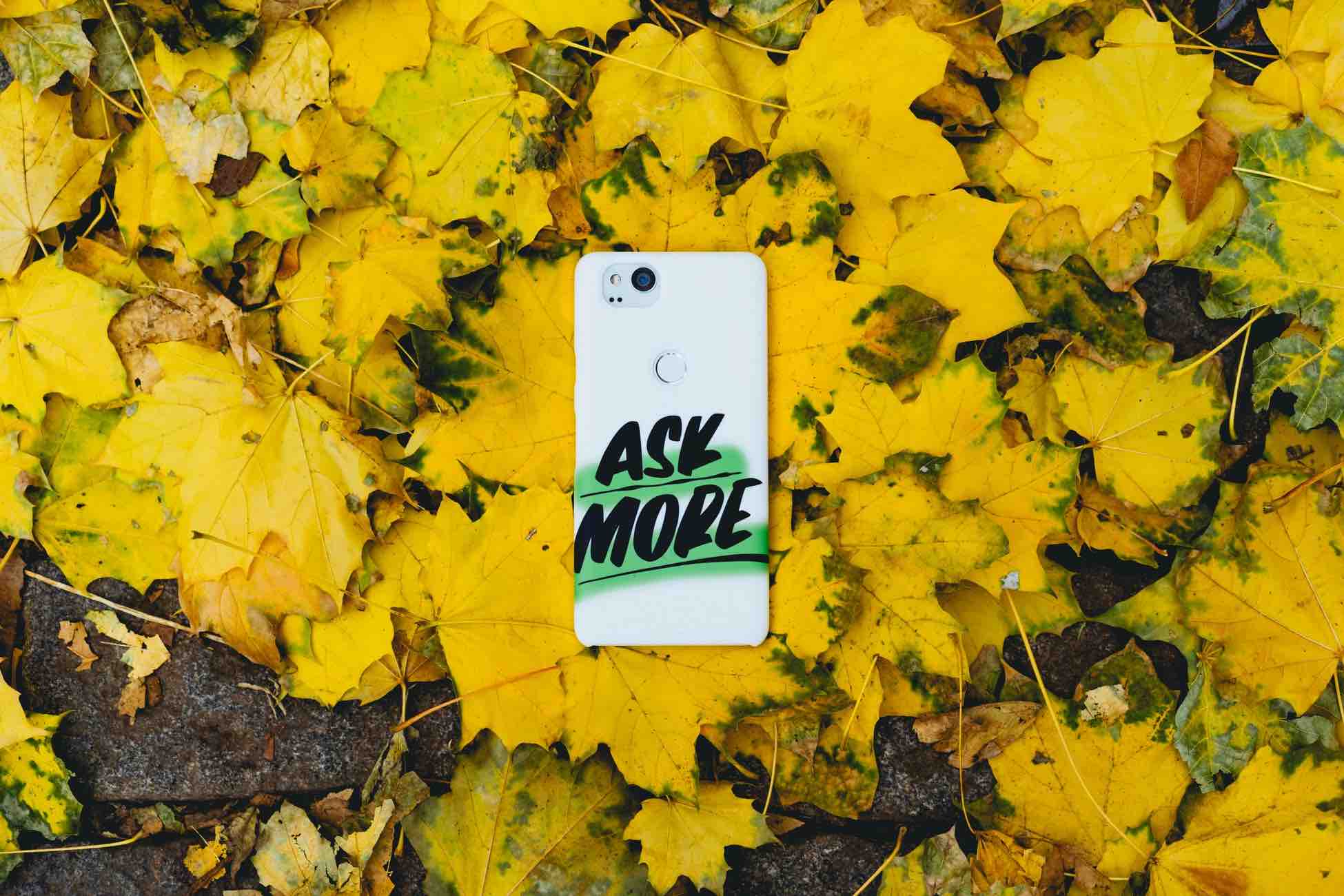
Remember to Ask About Them
…And more importantly, remember to wait for their response and then listen when they give it.
By reminding myself to ask about the other person — and I mean ask honestly, with the intention of wanting to hear the answer — it takes me out of my own head and into their heart. Whether that asking is simply “How was your day?” or something more personal, by asking a question of them or about them with the intention of really wanting to know the answer it takes the focus (that again!) off of myself and shifts it to them, which forces me to pay attention and listen.
This was something I realized in a sort of backwards way — that is, I understood the truth of this by having the lack of it. I came across those who never asked a question of me, never tried to get to know me, never wanted my opinion. Or they’d ask but not even wait a beat before talking on about themselves, not waiting for an answer or hearing it if I gave one. There was a lot of talking, in fact, but I didn’t feel heard in any of those conversations, and I know for sure the other person walked away from our time together knowing nearly nothing about me, though I knew a hell of a lot about them.
This really made it clear to me just how demeaning and insulting it is when we talk to someone and never inquire about them, never ask their opinion, never think to check in with them — and especially, when we do but never actually stop to hear what they say. This is talking to someone, but not with them.
It’s a characteristic of bullies, and because I can’t stand bullies I do my best to stand up to them… particularly the one inside my own head.
The bully in my brain would often have me act out as impulsively and insensitively. It tells me to do or say things without regard for others because all it’s concerned about is my ego. And it punishes me if I don’t listen by making up scenarios in which it tells me I’ve been wronged or in which I am a victim or where I should feel ashamed of something or especially it tries to make me feel guilty over things I have no reason to feel guilty about. The bully in my brain likes to lie to me about those things to try to control me.
But it’s up to me to recognize when this is happening, and to put a stop to it. To literally tell myself “NO” when I begin to go down the rabbit hole of self-pity, shame, or guilt and remember who I am, or at least Who I Am Choosing To Become. Because only then can I really come into being that person, and not a bully.
Which leads me to my final point:
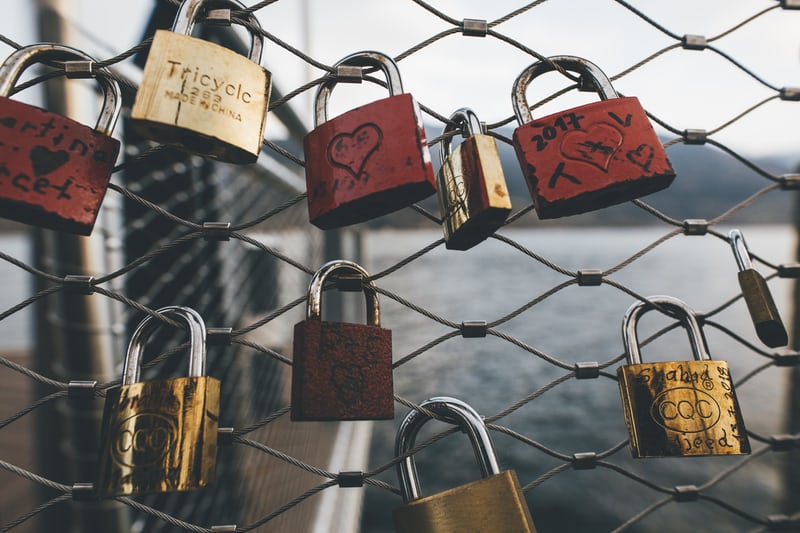
Speak With Integrity
It is important to be a person whose word can be trusted. Why is this? Because if someone cannot trust the words you speak, they cannot trust you, yourself.
When we speak with integrity, making sure that what we say truly represents us and is honestly what we are thinking, feeling or doing, then we not only honor the other person, we are honoring ourselves. We are giving ourselves the freedom to be who we truly are, and to represent that with what we’re saying. Most importantly, we are giving ourselves the gift of being heard.
Even if the other isn’t listening to us, even if they are rejecting what we are saying, we are still being heard by ourselves. In first listening with honesty, then speaking in honesty, we are affirming within ourselves that what we have to think, feel and say is valid. We don’t have to second-guess ourselves. We can stand in our own power, knowing that we are truly transparent and real in that moment, even if the other is not.
And in this way, we take responsibility for who we are, what we say, and how we act. Because as every twelve step program tells us, we must first honestly recognize who we are and what we are thinking, feeling and doing, before we can responsibly choose to act upon it and either choose to continue it or choose to change it.
Though I listed this as the fifth point, in reality it is the first one I spoke about. It was in the moment of awareness where I honestly asked myself “Am I doing this too? Is this who I’ve been?” and then had to honestly answer “Yes” that the change began in me. Until then, there was no progress.
But the moment I accepted and took responsibility for my own habits and behaviors and, yes, personality traits, was the moment I handed myself the power to transform them.
That is, if I wanted to.
That’s the second part to taking responsibility: wanting to change bad habits to good ones. Just because we recognize something about ourselves doesn’t mean we’re doing anything about it. We may complain to every person we know about it, but still dwell in the misery of a habit we hate in ourselves simply because we aren’t really willing to do the work to make the change. We want someone else to do it for us. It would be so much easier if someone else could just do it for us! Dang how I wish it could work that way. Point a finger at me or give me a pill and poof, it’s done.
But that’s not how it works. Someone else can certainly help us, guide us, show us the way, or give us the tools. That’s what I’m trying to do now with this article. But it’s ultimately up to us to make the actual effort.
This is true in every aspect of our lives. Want to ride a horse? You’ve got to be the one to get up on its back and learn how not to fall off. Want to swim? You’ve got to be the one to get in the water and learn to stay afloat. Want to learn to listen? You’ve got to be the one to do the inner work. Recognizing it is one part of being responsible, but acting upon it is the side that seals the deal.
So here I am, still working on it. I may still talk too much, but at least I listen more. And hopefully one day, that will be enough to communicate clearly.
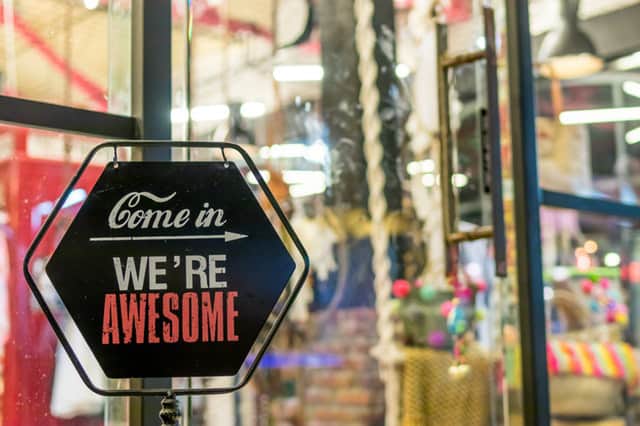
I’m Awesome? How Dare You!
5 Tips on how to Receive the Gift of A Compliment. Read it Here
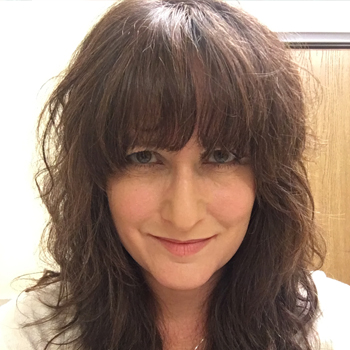
By JEANETTE DUBOIS
Jeanette is a film & tv editor, writer, director and producer who’s worked on Emmy & Telly Award winning shows, movies, and music videos for a variety of networks. She’s also a trained operatic who mostly sings to her cats now, though sometimes she expands her audience to her family & friends. She loves gardening, good books, good wine, and good conversations, preferably all at the same time.
Connect With Us on Social Media!
RECENT FAVES
Tips for Hitting the Road with Your Furry Friends
Part 1 of Kathlene McGovern’s 2 part series on the best and safest ways to travel with your furry friends!
I’m Just Curious
Dove Rose give us ideas on how to stay curious! Keep it Fresh in the Kitchen, on the Drive and in your Life. New ideas to keep our mind alive!
Living Unhoused for a Week: Ken Craft Takes to the Streets
Ken Craft of Hope of the Valley lives unhoused on the streets of the San Fernando Valley for 100 hours and shares the challenges, insights and struggles he faced on this journey.




